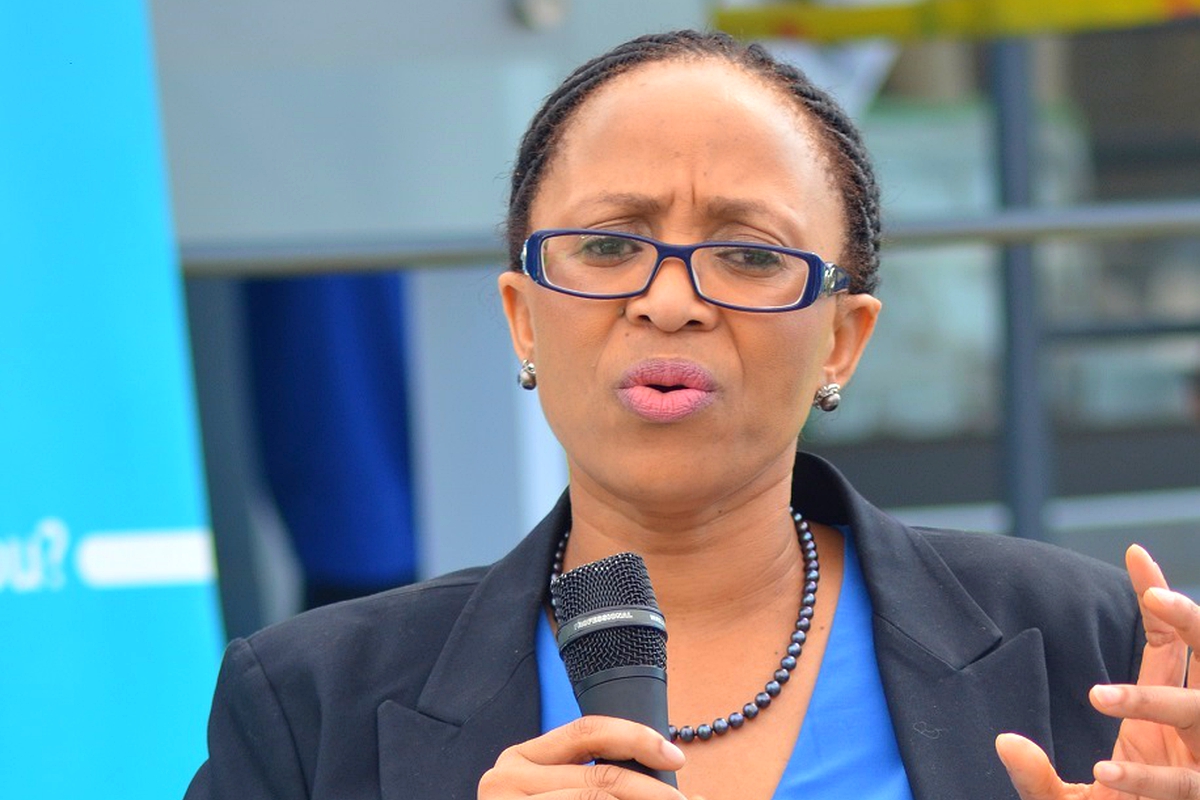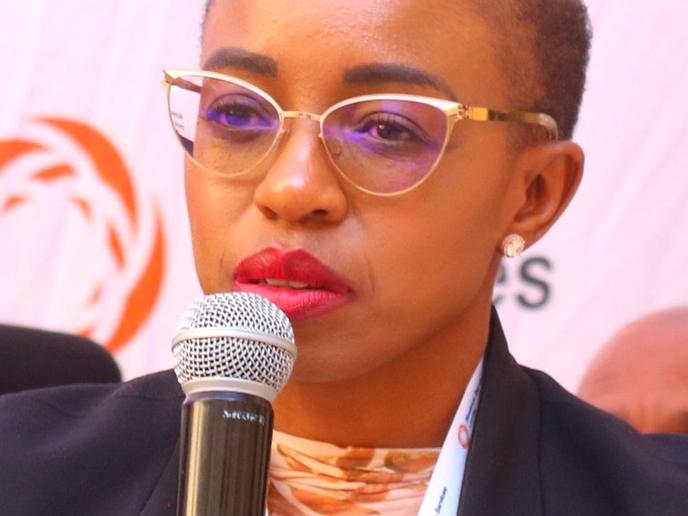GOVERNMENT is committed to promoting and supporting the development of inclusive finance in order to increase employment, production, productivity, and exports to reduce poverty and ensure private sector-led economic growth.
business
Jan. 17, 2023
NEO SENOKO
3 min read
Govt seeks to increase employment, exports through inclusive finance

Minister of Finance, Dr Retšelisitsoe Matlanyane
Story highlights
The Minister of Finance and Development Planning, Dr Retšelisitsoe Matlanyane made the remarks when addressing the Voice of Global South Summit held virtually in India last week Thursday,
The Voice of Global South Summit is aimed at achieving “Unity of Voice, Unity of Purpose” and articulating the views of developing countries regarding the effects of the pandemic and the war in Ukraine.
Matlanyane said it is evident that stable, liquid, competitive, and efficient inclusive finance is one of the preconditions for expanding production, increasing the number of micro and small enterprise operators, creating employment, as well as increasing household income in a sustainable way.
“Addressing the key challenges of expanding inclusive finance in Lesotho requires the support of government through policy, legal and regulatory reforms, collaboration with the private sector and development partners towards a deliberate effort of building the capacity of key players in the financial sector fraternity,” she said.
According to the FinScope 2020 survey, the level of financial inclusion in Lesotho stands as high as 91 percent of the adult population. However, only 45.8 percent of the adult population uses bank and nonbank formal products and services, of which only a meager 38 percent has bank accounts with a financial institution.
“Access to finance for Lesotho remains one of the major challenges in promoting the private economic initiatives in the country despite the government’s initiatives such as credit guarantee schemes. Bank credit to GDP ratio was 19.3 percent in 2017, putting the country in 149th place globally,” she added.
Private sector capital, she added, is also constrained due to the underdeveloped domestic capital market and limited regulatory instruments.
The Maseru Securities Market (MSM) was only created in 2014 and is still in a nascent stage with a narrow offering and low liquidity.
With regard to development finance, Matlanyane said the major sources are comprised of external and domestic sources, which are both public and private.
Enjoy our daily newsletter from today
Access exclusive newsletters, along with previews of new media releases.
The external sources include Official Development Assistance (ODA) in the form of bilateral and multilateral development assistance, loans from major development finance institutions, and vertical funds as well as private financing in the form of Foreign Direct Investment and private equities as well as remittances from abroad.
Domestic sources on the other hand include tax and non-tax revenues and borrowing from the domestic market through government securities.
ODA has been a major source of development finance in the country until the Fiscal year 2013/14 when its volume declined drastically compared to private external finance, which includes FDI and external remittances. The trend has not changed to date and this has been worsened by the negative impacts of the COVID-19 pandemic and the Ukraine-Russia war.
The government has realised the potential of the diaspora and prepared a Diaspora Strategy, which should yield results in the next few years. Diaspora bonds and a Diaspora Fund will be some of the initiatives to be explored.






